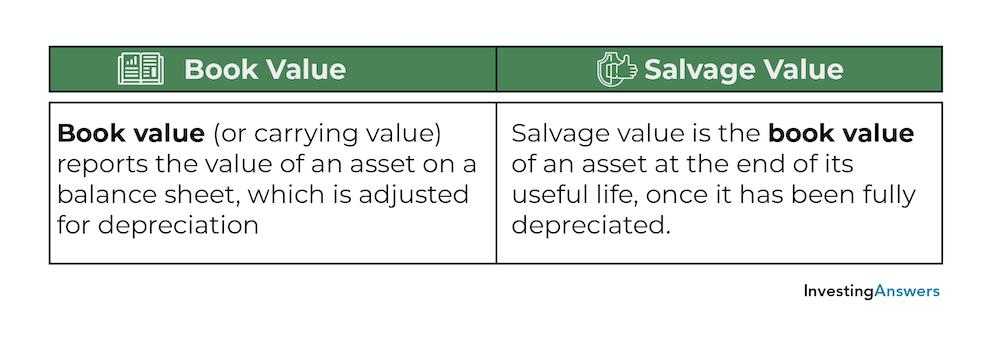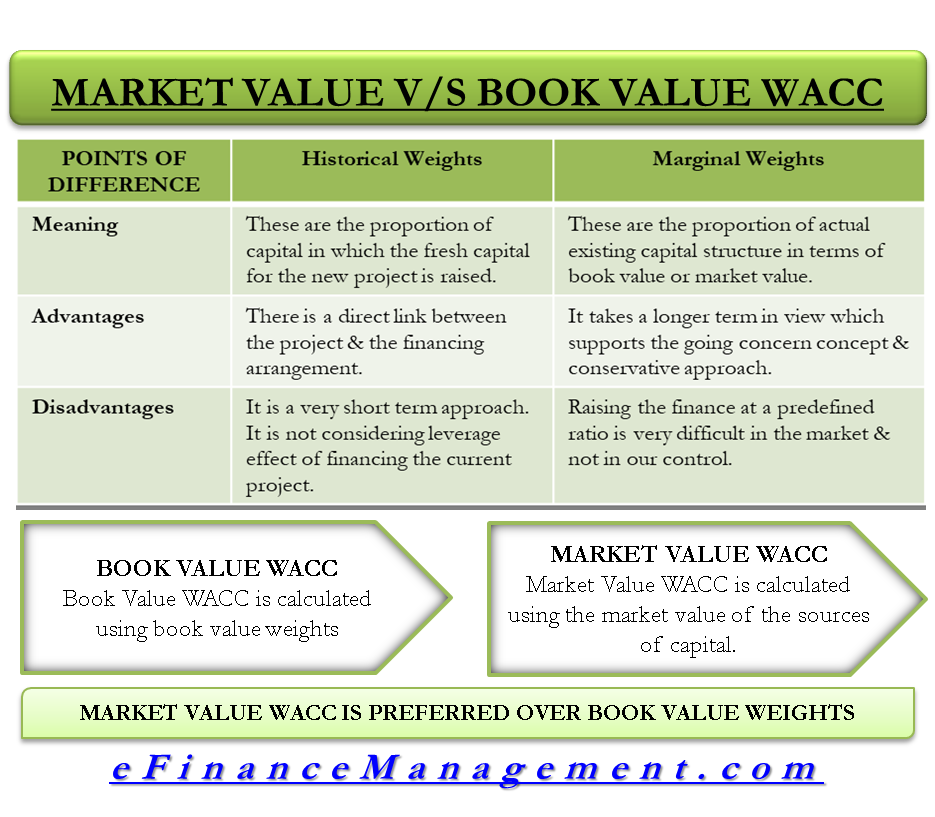Book Value Yield Definition

In accounting book value is the value of an asset according to its balance sheet account balance.
Book value yield definition. For the initial outlay of an investment. The book yield is a measure of a bond s recurring realized investment income that combines both the bond s coupon return plus its amortization. Book value appeals more to value investors who look at the relationship to the stock s price by using the price to book ratio.
Book value is the net value of a firm s assets found on its balance sheet and it is roughly equal to the total amount all shareholders would get if they liquidated the company. Social sciences economics. As a result book value can also be.
The market value is forward looking and considers a company. Where the yield of a security is computed using its book value rather than its market value. Market value is the.
Book value is equal to the cost of carrying an asset on a company s balance sheet and firms calculate it netting the asset against its accumulated depreciation. If you want to compare companies you can convert to book value per share which is simply the book value divided by the number of outstanding shares. Patents goodwill and liabilities.
The market value per share represents the current price of a company s shares and it is the price that investors are willing to pay for common stocks. It s expressed as a percentage based on the invested amount current market value or face. Traditionally a company s book value is its total assets minus intangible assets and liabilities.
Book value is also the tangible net asset value of a company calculated as total assets minus intangible assets e g. For assets the value is based on the original cost of the asset less any depreciation amortization or impairment costs made against the asset. Book yield in the handbook of international financial terms.


















